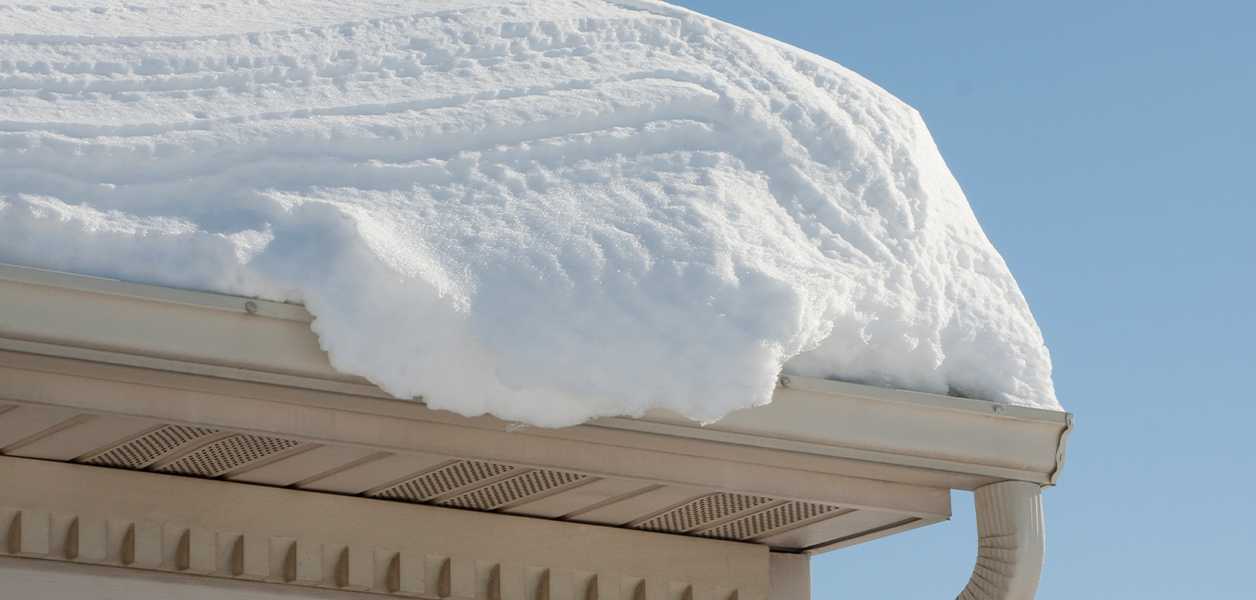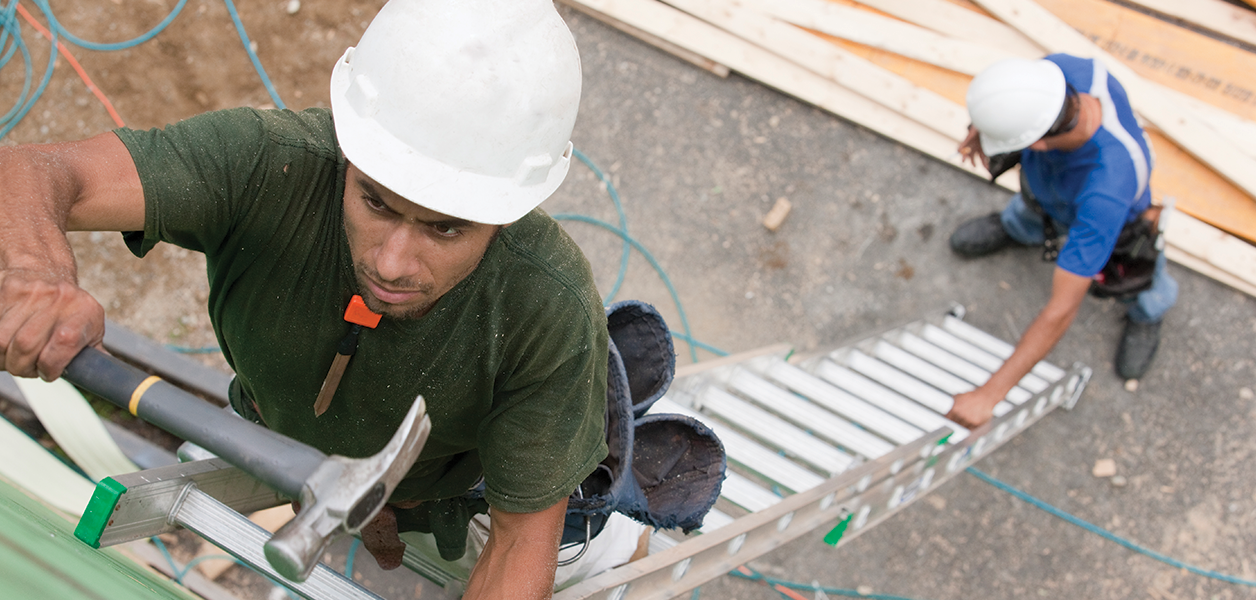It is important to know how to protect outdoor workers from winter-related hazards. But sometimes the risks workers face in cold weather are not obvious.
Safety+Health magazine shares the following hazards you may not be considering.
- Dehydration. This is not just a risk in warm weather. When we exhale, our bodies lose fluids; dry air, which is common during the winter, can worsen fluid loss and increase the risk of dehydration. The cold also can dampen the thirst reflex, resulting in less of an impulse to drink. The Occupational Safety and Health Administration recommends employers educate workers regarding the importance of hydration; equip all work areas with accessible cool water (less than 60 F); and encourage workers to keep a sealable bottle of cool water in their work area so they can hydrate.
- The effects of ultraviolet rays. UV rays from the sun are harmful during cold weather and can lead to sunburn and other issues. Snow on the ground can reflect up to 80% of the sun’s rays. Workers can protect themselves by covering up and applying sunscreen with an SPF of 15 or higher every two hours. Sun-reflected UV rays on snow also can cause a corneal sunburn, sometimes called “snow blindness.” Workers should wear safety eyewear equipped with UV protection or sunglasses, which also can help guard against dry eyes.
- The effect of cold on self-retracting lifelines. Cold conditions can negatively affect fall-protection equipment, especially self-retracting lifelines; lower temperatures and moisture can cause buildup of ice on the locking mechanisms and spool. During such conditions, rapidly pull on the self-retracting lifeline cable during first use and throughout the day to verify the locking mechanism is working. The locking mechanism also should respond to a sudden jerk, so quickly pull the cable to test. When conditions are wet, store self-retracting lifelines vertically and avoid exposing them to freezing temperatures. If a self-retracting lifeline’s locking mechanism is not working properly, be sure to notify the employer or supervisor and place it out of service.
For more information about keeping workers safe during the winter, check out NRCA’s Snow Remediation in Roofing and safety resources.





